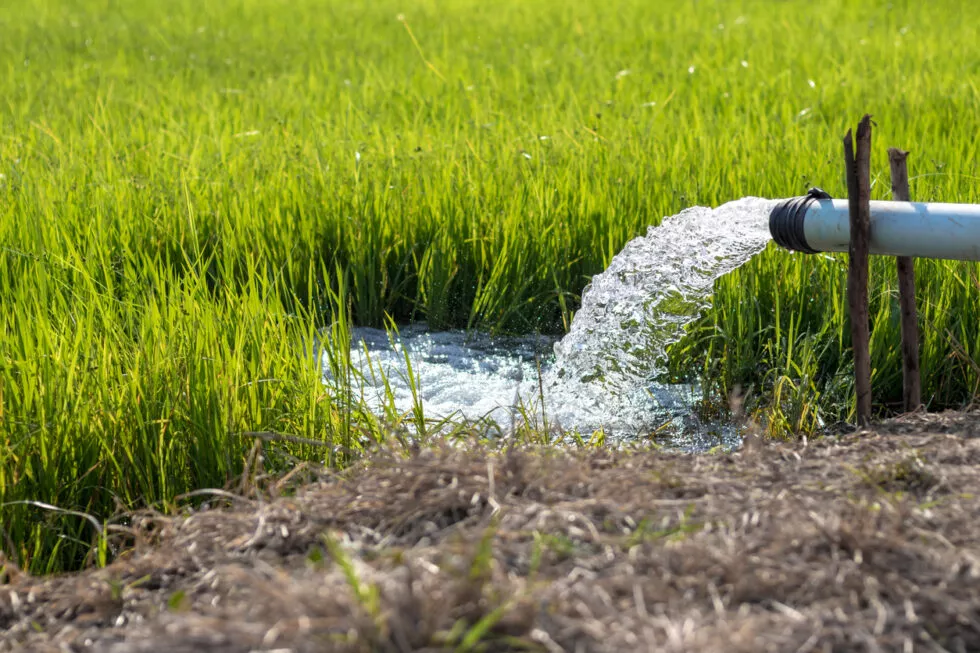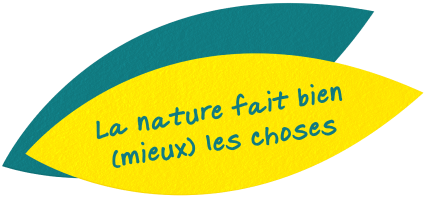What is REUSE?
According to the group of experts on climate change, by 2050, the rise in temperatures due to global warming could reach +3°C in certain French regions. This global warming increases the risk of waterways drying up and the disappearance of certain hydraulic resources. Various projects have been launched to address this threat. Aquatiris will tell you all about REUSE (reuse of treated wastewater), one of the most effective solutions.
Understanding the reuse of treated wastewater
It is important to understand what the reuse of treated wastewater means. Drinking water as we know is taken from the natural environment (from the surface or water table) and undergoes treatment. It is then transported through the water supply systems to the various points of use.
After use, the wastewater is collected by the collective sanitation network or by non-collective sanitation systems. In the case of collective sanitation, it is sent to a treatment plant where it undergoes treatment before being discharged into receiving environments such as rivers. In the case of non-collective sanitation, the wastewater is treated directly on site using specific facilities and then returned to the natural environment.
However, instead of simply discharging this treated water into rivers, the reuse of treated wastewater (REUSE) offers a more sustainable approach. Reusing this purified water for non-potable uses such as watering green spaces and ornamental plant beds at home, cleaning roads or even certain industrial applications will reduce the demand for freshwater resources.
The reuse of treated wastewater thus makes it possible to close the water cycle in a more ecological and efficient way. This practice is already widespread in many countries, but is still under-exploited in France. In fact, only about 2% of treated wastewater is reused each year, which leaves considerable room for improvement.
How important is REUSE?
The reuse of treated wastewater is a widespread practice in some countries around the world. Faced with the dangers of the threat of global warming, more and more countries are resorting to this type of water treatment. REUSE can serve a variety of purposes. The use of water in certain areas does not require it to be completely potable or of high quality. REUSE can thus help to combat water shortages in certain regions of the world where water resources are limited.
REUSE is also important because it considerably reduces the pressure to extract available water resources. From an economic point of view, the reuse of wastewater reduces the energy costs of pumping and transporting this resource. This practice thus stimulates agricultural economic activity thanks to the better access to irrigation that it offers.
Furthermore, REUSE has the advantage of reducing the various conflicts related to water use. It saves drinking water which is then reserved solely for domestic use. REUSE is also an effective solution for limiting the consumption of freshwater resources.
In what areas is REUSE used?
The recycled water that comes out of these treatment units is used in particular for irrigating agricultural fields and green spaces, and for washing roads. When the water is properly treated and does not represent a danger to the environment, it is also used to water golf courses. It can be used for crops, flowers, cereals or forests.
It can be used for growing fresh fodder or pasture. In addition, the use of wastewater to irrigate agricultural fields reduces the use of chemical fertilisers. In fact, wastewater is rich in fertilising substances. However, the use of recycled water on green spaces is only permitted outside public opening hours.

What are the issues at stake with REUSE?
REUSE is a practice that must be distinguished from the recycling of industrial water. In France, it is not fully accepted by the population as only 0.2% of treated wastewater is used per year. A third of French people are against the use of recycled water for agricultural irrigation. They are not willing to consume vegetables and fruit that are grown with treated water. However, France imports agricultural products from countries such as Spain which uses some of its treated water for agricultural production.
In addition, there are some major environmental issues that are also related to the use of this water. Despite the treatment and purification of wastewater, there is a risk that it may contain pathogens. Some chemicals used in the purification process only partially degrade and can thus lead to soil pollution. These pollutants that can be found in treated water can also negatively impact the quality of groundwater. It is elements such as nitrate and organic matter present in treated water that are likely to harm the quality of underground water resources.
In order to benefit from the advantages of REUSE, experts recommend a proliferation of its projects, mainly in areas where there is high pressure on the water resource. This will enable effective improvement of irrigation. This proliferation can also make it possible to better monitor water tables to build a circular economy around the natural resource that is water. This circular economy is made possible because recycling wastewater reduces the pressure put on the resource.
PhytoReuse
PhytoReuse is based on the REUSE process. It is an ecological and economical system for reusing domestic wastewater for watering gardens. It recycles household wastewater (from sinks, washbasins, washing machines, showers) which accounts for 70% of the wastewater produced by a household, by treating it using phyto-purification. This process uses filtering materials and plants to eliminate pollutants while retaining nutrients that are beneficial to plants.
Advantages of PhytoReuse
- Ecological: a natural and autonomous solution, requiring no energy.
- Economical: saves drinking water by using 80 to 100 litres of wastewater per day and per person for watering.
- Adaptable: compatible with homes connected or not connected to the mains drainage system.
- Biodiversity: promotes greenery and biodiversity, even in periods of drought.
- Aesthetics: harmonious integration into the landscape.
PhytoReuse offers sustainable water resource management, transforming domestic wastewater into a resource for watering gardens, while complying with health standards and contributing to the preservation of the environment.

